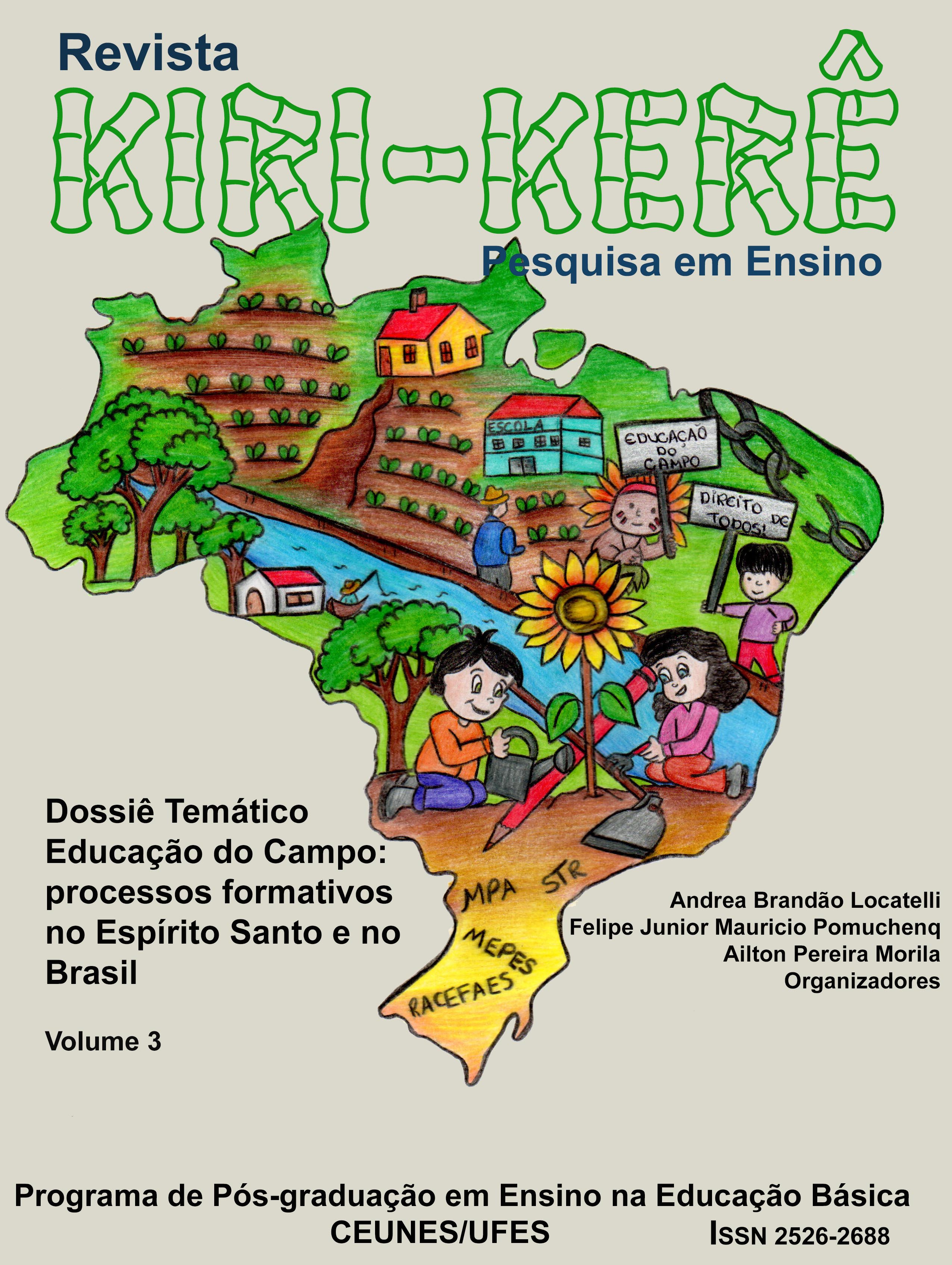Rural extension and technical training in the agricultural technical course of the Jaguaré agricultural family school - Espírito Santo
DOI:
https://doi.org/10.47456/krkr.v3i4.33136Abstract
In this article, we discuss, based on documentary analysis, practical observations and testimonies, the relation between technical training in agriculture and rural extension. Our objective was to understand the ways of working with rural extension and to describe the applied methodologies, through the pedagogical instruments of Pedagogy of Alternation, in the Agriculture Technical Course. We present part of a research within the time frame of a school year, with the authorization of the school's administrative coordination. Firstly, rural extension, its concepts and its relationship with technical training are highlighted, followed by the functioning of the technical course and its requirements, the comprehensive training of students developed at school in the training process of technicians to work in the job market with a critical perspective of the environment and the methodological instruments which are part of this educational process adopted by the Agricultural Family Schools in Alternation Pedagogy. Finally, we present the results and discussions that complete this research. Among these results, we noticed a strong relation and practical application of rural extension through pedagogical methods. As a conclusion of this study, we perceive the concern of teachers in guaranteeing sustainable development in family farming through the technical professional education taught.
Keywords: integral training, methodologies, technicians.
Downloads
Downloads
Published
Issue
Section
License
The authors accept, when sending their works, the assignment of their copyrights.

